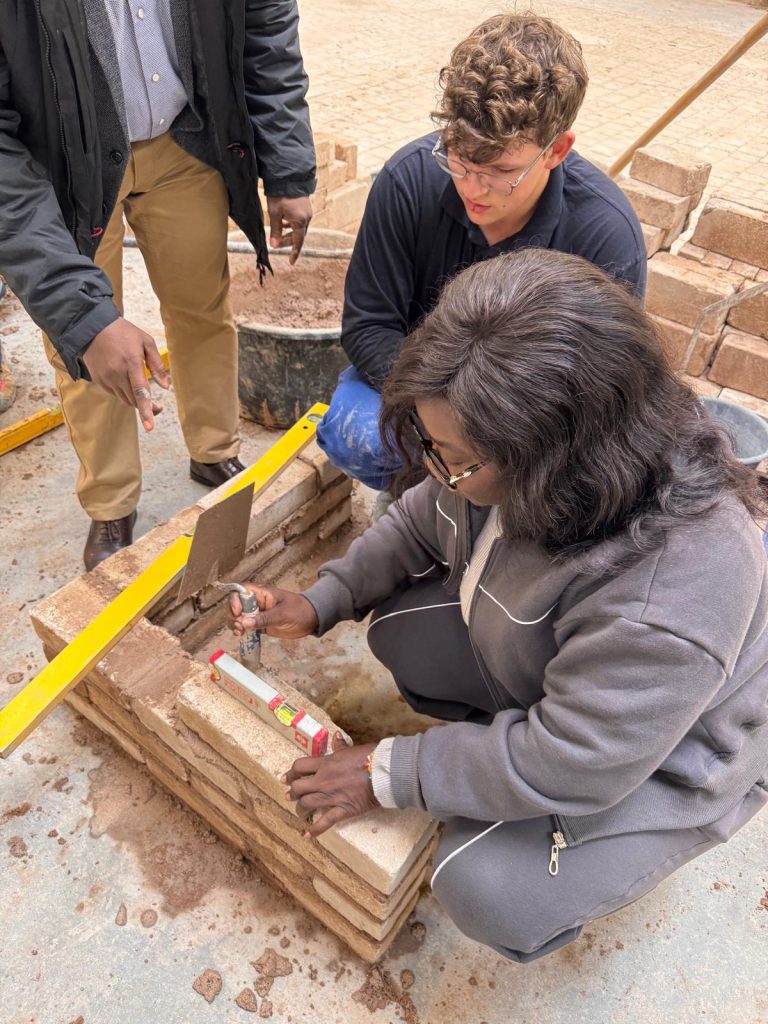
Introduction to the ROCET Project
The Ministry of Labour, Jobs and Employment in Ghana has entered into a significant partnership with its counterparts in Germany. This collaboration aims to address the pressing issue of youth unemployment by offering young Ghanaians the opportunity to gain skills training and employment in Germany. The initiative, known as the "ROCET Project," is designed to provide a structured pathway for 30 qualified individuals between the ages of 18 and 30 each year.
Key Details of the ROCET Project
The project spans over three years, with the first group of participants set to begin their journey in 2026. A rigorous selection process is in place, including interviews and language proficiency tests, to ensure that only the most suitable candidates are chosen. This process is crucial for the successful integration of participants into the German workforce.
Once selected, trainees will receive monthly allowances, which vary based on their year of participation. First-year trainees will receive approximately 1,000 Euros, second-year trainees 1,200 Euros, and third-year trainees 1,500 Euros. These stipends are intended to support the trainees during their time in Germany.
Partnerships and Collaboration
The Ministry of Labour has partnered with several organizations to make this project a reality. These include BFW, a leading German training provider for the construction industry; Dominion Leaders Foundation (DLF), a Ghana-based NGO focused on leadership development and youth empowerment; and RETOG, an organization dedicated to faith-based technical and vocational excellence in Ghana.
The collaboration involves a multi-step process for candidate recruitment. The Ministry, along with DLF and RETOG, will identify potential candidates. Subsequently, DLF and BFW will profile these individuals using various tools and provide career counseling to ensure they are well-suited for the positions available.
Cultural integration is also a key component of the program. Candidates are expected to obtain a certificate in German language proficiency at levels A1, A2, B1, or B2. This step is essential for their successful adaptation to life and work in Germany.
Leadership and Vision
Dr. Rashid Hassan Pelpuo, the Minister of Labour, Jobs and Employment, emphasized the importance of recruiting Ghanaian youth annually for the program. His vision was met with enthusiasm from BFW, which agreed to support the initiative.
Dr. Pelpuo expressed confidence in the abilities of Ghanaian youth, stating that they are poised to excel not only in language learning but also in employment interviews. This confidence underscores the potential of the program to transform the lives of many young Ghanaians.
Inclusivity and Future Opportunities
In response to concerns about inclusivity, Dr. Martha Akoibea Anang, Executive Director of DLF, suggested alternative pathways for candidates who may not meet the B2 German proficiency level. This call for inclusivity highlights the need to ensure that all interested youth have access to opportunities.
Dr. Bernd Garstka, CEO of BFW, assured the group of his commitment to exploring partnerships with other recruitment agencies. This approach aims to create additional pathways and include other trade areas, thereby broadening the scope of opportunities for Ghanaian youth.
Conclusion and Impact
The ROCET Project represents a significant step forward in addressing youth unemployment in Ghana. By fostering a deep skills exchange between Ghana and Germany, the initiative is not only creating jobs but also building careers. The collaboration between the Ministry and its partners demonstrates a shared commitment to empowering young Ghanaians and enhancing their future prospects.
This project is a testament to the power of international cooperation in tackling complex social issues. It offers hope and opportunity to a new generation of Ghanaians, providing them with the tools and experiences needed to succeed in a globalized world.



0 Komentar